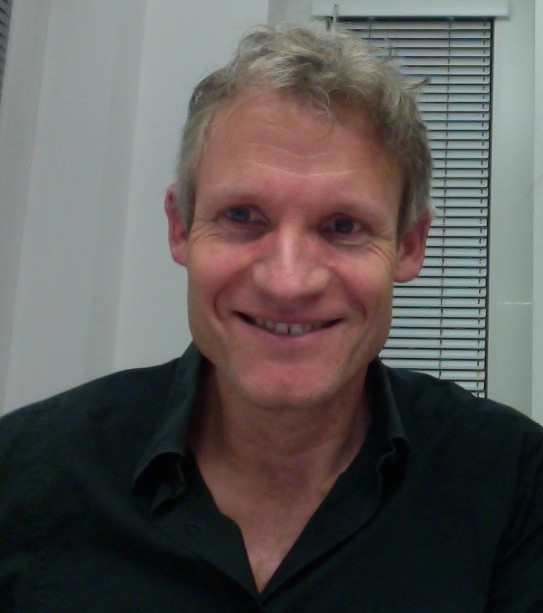Multiphase flow in heterogeneous geologic media

Keywords
Speaker:
Stephan K. Matthai
Affiliation:
Chair of Reservoir Engineering, Department of Infrastructure Engineering, The University of Melbourn
When:
Thursday 13th June 2019
Time:
14:00:00
Where:
Aula consiglio VII piano, Edificio 14, Dipartimento di Matematica POLITECNICO DI MILANO
Abstract:
Heterogeneous permeability, porosity, capillary pressure and mechanical properties are key characteristics of sedimentary and volcanic rocks with sufficient interconnected pores to permit fluid flow. In many cases, heterogeneities are nested, for instance, where mm-scale laminations define the internal structure of bed-forms that combine into facies associations and facies distributions on the km scale. Where such rocks have experienced an overprint by deformation or reactive fluid flow, initial heterogeneities might have been amplified even further. Thus, fracturing can impart long-range spatial correlations on the permeability structure, strongly amplifying permeability anisotropy, even without a noticeable increase in the porosity.
This presentation examines the impact of such nested heterogeneities on flow, (reactive) transport, and multiphase fluid displacement in natural heterogeneous porous media. The emphasis will be on intermediate scale features (~0.1 - 500-m in size) that are difficult to investigate in the laboratory or in the subsurface because flow patterns cannot be resolved by geophysical imaging techniques. The investigative method used here are field-data based hybrid FEM-FVM numeric simulations where an operator splitting technique is employed, solving elliptic-parabolic equations (fluid pressure, temperature, chemical diffusion) with the FEM and the hyperbolic ones (multiphase flow and tracer transport) with the FVM.
The presentation will illustrate the behaviour of the heterogeneous systems and the numeric methods used to model them, proceeding from tracer transport, to gas injection and water flooding of naturally fractured reservoirs to maximise hydrocarbon recovery. The presentation will conclude with a general discussion of the impact of heterogeneity, addressing questions such as: given the nested nature of geologic heterogeneity, is the spreading of gas plumes ergodic? – or – in view of the impact of heterogeneity on sweep, how can gas storage or hydrocarbon recovery be maximised?
Contatto: paolo.zunino@polimi.it
Note:
Stephan Matthai earned his PhD from the Research School of Earth Sciences at the Australian National University, Canberra. He is an internationally recognised expert on subsurface (multiphase) fluid- flow processes and their computer simulation (>50 ISI publications). Of his particular interest are coupled flow, geomechanics, and reactive transport processes facilitated by rock fractures and faults with applications to hydrocarbon extraction, gas storage / geological CO2 sequestration, enhanced geothermal systems, nuclear waste repository safety, and hydrothermal ore deposits. On the subjects, he has taught graduate students, consulted to the industry, and has acted as advisor to government agencies and professional societies.
In 1994, Matthai began the development of an object-oriented finite element – finite volume software, the Complex Systems Modelling Platform (CSMP++). He served on steering committees for the SPE/EAGE/ECMOR and provided advice to government and private sector stakeholders worldwide. The scope of such contracts has included hydrocarbon and minerals exploration, reservoir simulation, feasibility analysis of geological CO2 storage, geothermal energy extraction, and safety assessment of nuclear waste storage facilities.
